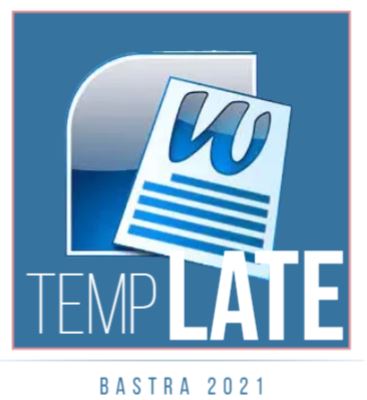BENTUK AFIKSASI RAGAM BAHASA REMAJA DALAM NOVEL MARMUT MERAH JAMBU KARYA RADITYA DIKA
Keywords:
affixation, language variety of teenagersAbstract
The purpose of this study was to describe about: 1) forms the prefixs to the mark language diversity in Marmut Merah Jambu novel works Raditya Dika, 2) forms suffixes that mark the language diversity in Marmut Merah novel works Raditya Dika. The method used descriptive, qualitative approach, data collection methods see and record. The research found that affixes the prefix form there are two types of di- and nge-. Prefix language diversity was a teenager the same function as the prefix di- in Indonesian that raw form a passive verb. Prefix nge- synonymous with the prefix meN- in Indonesian profound, but the change in shape adapted to the words that follow and functions to form an active verb. Suffix forms found in four types: -in, -i, nya, -an. Suffix -in suffix synonym with suffix -kan in Indonesian. Its function is twofold can form a transitive verb and a verb intransitive. Transitive verb requires an object, being verb intransitive object does not appear. Suffix -i, nya, and -an, synonymous suffix -i, nya, -an Indonesian. Suffix -in which form the verb monotransitive, because it has one object. Suffixes –nya to form words task. Suffix -an forming a passive verb.
Downloads
Published
How to Cite
Issue
Section
License
Authors who publish with PENTAS agree to the following terms:
Authors retain copyright and grant the Engagement right of first publication with the work simultaneously licensed under a Creative Commons Attribution License (CC BY-SA 4.0) that allows others to share (copy and redistribute the material in any medium or format) and adapt (remix, transform, and build upon the material) the work for any purpose, even commercially with an acknowledgement of the work's authorship and initial publication in BASTRA.
Authors are able to enter into separate, additional contractual arrangements for the non-exclusive distribution of the journal's published version of the work (e.g., post it to an institutional repository or publish it in a book), with an acknowledgement of its initial publication in BASTRA.
Authors are permitted and encouraged to post their work online (e.g., in institutional repositories or on their website) prior to and during the submission process, as it can lead to productive exchanges, as well as earlier and greater citation of published work (See The Effect of Open Access).

This work is licensed under a Creative Commons Attribution-ShareAlike 4.0 International License.








